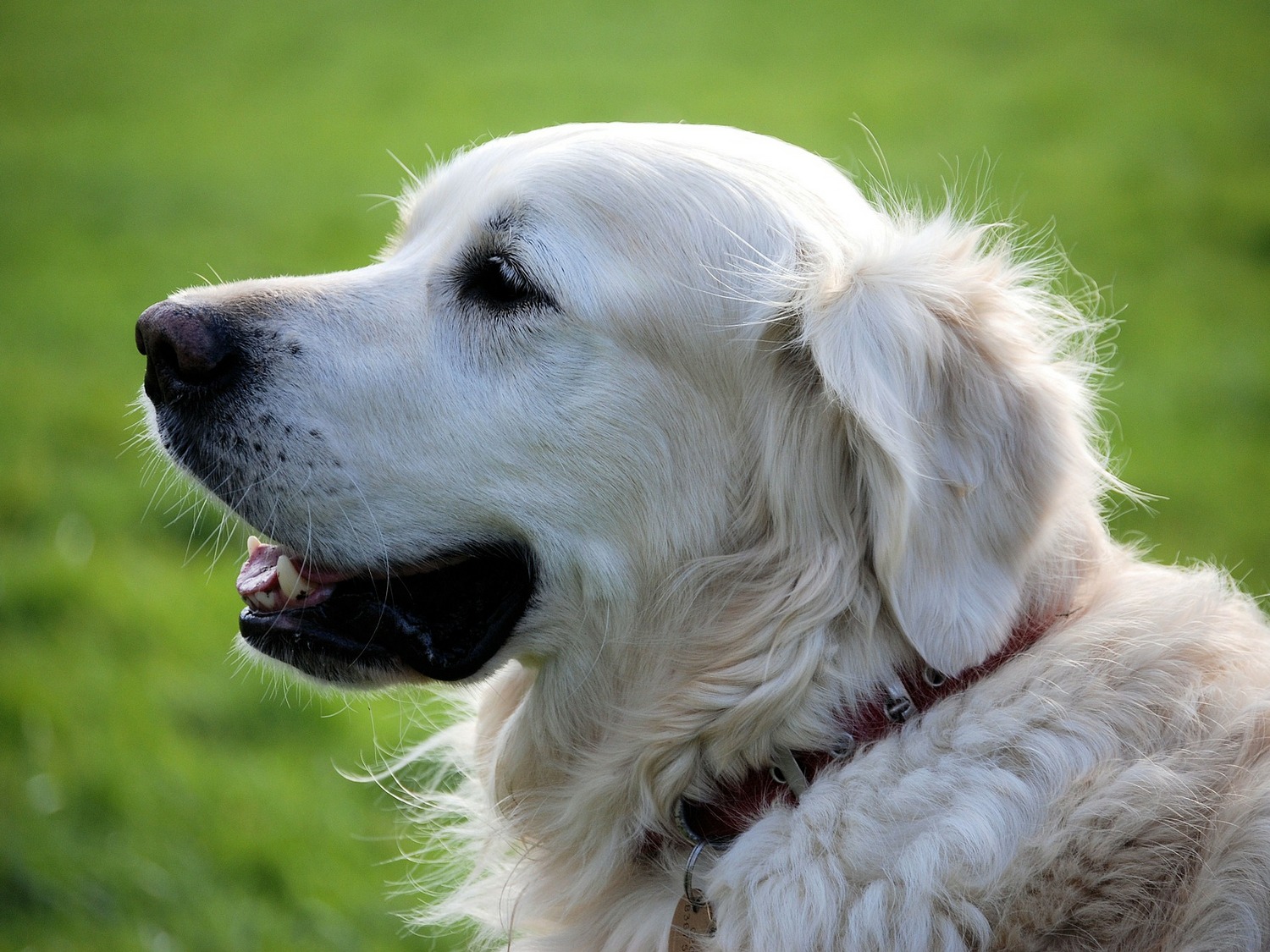Do you need help?

If your dog is constantly scratching and biting himself, which could indicate they are suffering from severe itching of the skin, known formally as ‘pruritis’, for several reasons.
List of contents
My dog is constantly scratching and biting himself, what does this mean?
When to call a vet – how much scratching is normal for a dog?
What causes dogs to scratch and bite themselves?
My dog is always scratching, but they don’t have fleas
How do I get my dog to stop scratching?
How do I get my dog to stop chewing themselves?
How do you clean a dog with skin allergies?
Why is my dog’s itching worse at night?
My dog scratches their ear and then licks their paw – what does that mean?
Why does my dog scratch their ear and then shake their head?
Why does my dog scratch their chin and neck until the area is raw?
What type of treatment will my dog receive for itchy skin?
Can I use an anti-itch cream on my dog?
Why is my puppy scratching?
How to prevent itchy skin from occurring
My dog is constantly scratching and biting himself, what does this mean?
Often, intense scratching, biting and licking of the fur is caused by fleas. Certain dogs react badly to flea saliva and may suffer redness, swelling and hair loss after being bitten. You can prevent a flea infestation by keeping your dog up to date with their preventative treatments.
Food allergies, as well as contact and inhalant allergies can cause pruritis too – so can dry skin, insect bites, hormonal imbalance, and even boredom and anxiety.
The focus of your dog’s itching and scratching may give a clue about what’s causing it. For example, scratching the ears could be a sign of ear mites or an ear infection.

When to call a vet - how much scratching is normal for a dog?
Don’t worry about a small amount of scratching here and there. If your dog scratches, chews or licks their fur excessively – over their whole body or at one spot – something might not be right.
Call your vet if you can’t work out what’s causing your dog to scratch, their symptoms are getting worse or you’re not sure how best to treat their itchy skin.
What causes dogs to scratch and bite themselves?
Dogs may scratch due to various causes such as fleas, food allergies, inhaled allergies, contact allergies, insect stings or bites, dry skin, eczema, skin cancer and other allergic skin diseases or conditions, hormonal imbalances, boredom, or anxiety.
Here are 4 common causes:
1. Fleas
If your dog isn’t protected against fleas all year round with a good-quality parasite prevention treatment, it could be fleas that are causing their itch. Try for flea bites by pressing a wet paper towel closely into your dog’s fur – if the paper goes red, this is a sign of flea dirt.
To treat fleas properly, bathe your dog thoroughly with a good shampoo and then apply their preventative flea treatment as soon as you can.
You’ll need to treat your home too. Use a flea spray around the house, wash your dog’s bedding/blankets on a high heat and hoover your entire home every day for around seven to ten days.
2. Allergies
Dog allergies usually occur when:
- dogs inhale an allergen
- dogs ingest an allergen
- an allergen touches a dog’s skin or fur
If something has changed in your dog’s world, it could be an allergy that’s causing them to scratch. For example, a change in diet or something they’ve eaten, a new food, household or garden product, other environmental triggers or even a high pollen count outside.
3. Insect bites or stings
If it’s summertime and your dog’s scratching and biting is concentrated on one specific area of their body, they could have been bitten or stung.
Check the area, removing insects if you find any. Try to cool the bite with a cold flannel or an ice pack wrapped in a towel. You could also ask your vet about antihistamines or other treatments.
4. Skin conditions
Skin conditions come in many different forms. Make an appointment with your vet if your dog’s symptoms continue or if you notice any skin irritation, redness, swelling, dandruff, or hair loss. They’ll check your dog thoroughly and suggest a suitable treatment plan based on their symptoms.
My dog is always scratching, but they don't have fleas
Your dog is fully up to date with their parasite treatment, so it can’t be fleas.
Insect stings/bites, food allergies, inhalant allergies, contact allergies and other skin conditions can also cause itching.
Check the area closely for swelling, redness, dandruff or anything else that could be unusual. Contact your vet if you’re unsure. They‘ll examine your dog thoroughly and draw up a treatment plan based on their symptoms.
How do I get my dog to stop scratching?
Try taking a closer look at the area your dog is scratching at. Remove any potential causes (i.e. insects, twigs) as soon as you can. If it’s an insect or parasite causing the dog’s itch, you’ll want to speak to your vet about antihistamines and preventative medicine.
Otherwise, try to apply something cool to the affected area, or bathe your dog in cool water using a shampoo designed specifically for sensitive skin. Make an appointment with your daytime vet if the scratching continues or gets worse.
How do I get my dog to stop chewing themselves?
Your dog might find their paws, legs and back easier to reach with their teeth than their nails.
Treat chewing just like itching. Take a close look, try to cool the area, use a vet-approved solution if you have one. Contact your daytime vet if your dog continues to chew, or if the chewing gets worse.
A certain amount of paw-chewing is normal for dogs but if your dog chews their paws excessively or if the paws are red and swollen, there may be a problem.
Contact your vet if your dog chews their paws too often. They’ll check the paws thoroughly and draw up an appropriate treatment plan.
How do you clean a dog with skin allergies?
Use antibacterial wipes (designed for dogs) to keep your dog clean during day-to-day life, especially after muddy walks.
If your dog suffers from sensitive, itchy or oily skin, try bathing them once or twice a week. Bathing with a specialized sensitive shampoo can help to keep your dog’s skin hydrated and reduce itching and dryness.
Why is my dog's itching worse at night?
Your dog could be more exposed to an allergen at nighttime. Is there a specific treat you offer at night, or do they spend time in a different room?
The indoor heat could also be making your dog’s symptoms worse at night, especially during the winter. Perhaps the cold soothes them, so the constant itching and scratching just isn’t as bad during the day, or when your dog is outside?
Don’t hesitate to contact your vet if you’re concerned about dog scratching. Excessive scratching is excessive scratching, regardless of when it occurs – so try not to worry about the difference between night and day.
My dog scratches their ear and then licks their paw - what does that mean?
This could be a sign of ear infection or ear-related problems, especially if it happens often or seems to come out of nowhere.
Try gently checking your dog’s ears and contact your vet if you spot a bad smell, redness, swelling, bite/sting marks, or anything else unusual.
Why does my dog scratch their ear and then shake their head?
Something may be stuck in your dog’s ear. It could be a blade of grass, mud or excess earwax.
Ear mites can also cause dogs to scratch their ears and shake their heads – it’s usually how dogs scratch when they try to remove the foreign body. Further signs of ear mites include discharge coming from the ear and skin lesions surrounding the affected area.
Check your dog’s ears carefully if you’re concerned, and give your vet a call if their symptoms continue or get worse.
Why does my dog scratch their chin and neck until the area is raw?
Fleas, allergies, dry skin, insect stings – even boredom and anxiety can all cause intense scratching.
Don’t wait until the area is raw. Check your dog’s chin and neck to see if anything seems peculiar. If it’s nothing you can remove right away, such as an insect or a twig, give your vet a call.
Your vet will examine your dog thoroughly and draw up a treatment plan suitable for their symptoms.
What type of treatment will my dog receive for itchy skin?
Treatment will depend on what’s causing your dog to scratch. Vets will often also prescribe medications to treat the symptoms, as well as the underlying cause.
Common solutions to itchy skin problems include:
- anti-itch or antihistamine creams
- medication
- a cone or jacket to guard the affected area
- hypoallergenic dog food
- specialized shampoo and cleansing products
- flea, worm and tick prevention
Can I use an anti-itch cream on my dog?
Many products can help to soothe your dog’s itchy skin. Make sure you use a product that’s designed specifically for pets – and never use human medication on your dog.
Chat with your vet to make sure your dog gets the best treatment options for their itchy skin. They’ll be able to prescribe a product suited to your pet’s needs.
Why is my puppy scratching?
While it’s normal for puppies to scratch a certain amount, excessive scratching can be a sign that something’s not right.
Fleas, allergies, dry skin, insect stings, boredom and anxiety can all cause puppies to scratch.
Contact your vet if you’re concerned. They’ll take a closer look at your new pup and advise what to do next based on what’s causing their symptoms.
How to prevent itchy skin from occurring
Looking after your dog’s coat and general health will prevent some of the conditions that lead to itching. You can do this by:
- grooming your dog regularly
- feeding a high-quality diet rich in omega-3’s
- keeping up to date with flea and worm treatment
- staying aware of hazardous/toxic substances
- avoiding overgrown grassy areas (where there are lots of insects)
- keeping your dog’s environment clean and dry
Check your dog’s coat occasionally to look out for anything unusual. It may be hard to prevent insect bites and seasonal allergies, but by spotting conditions before they get too advanced, you’ll potentially save your dog from a great deal of itchiness and discomfort.

